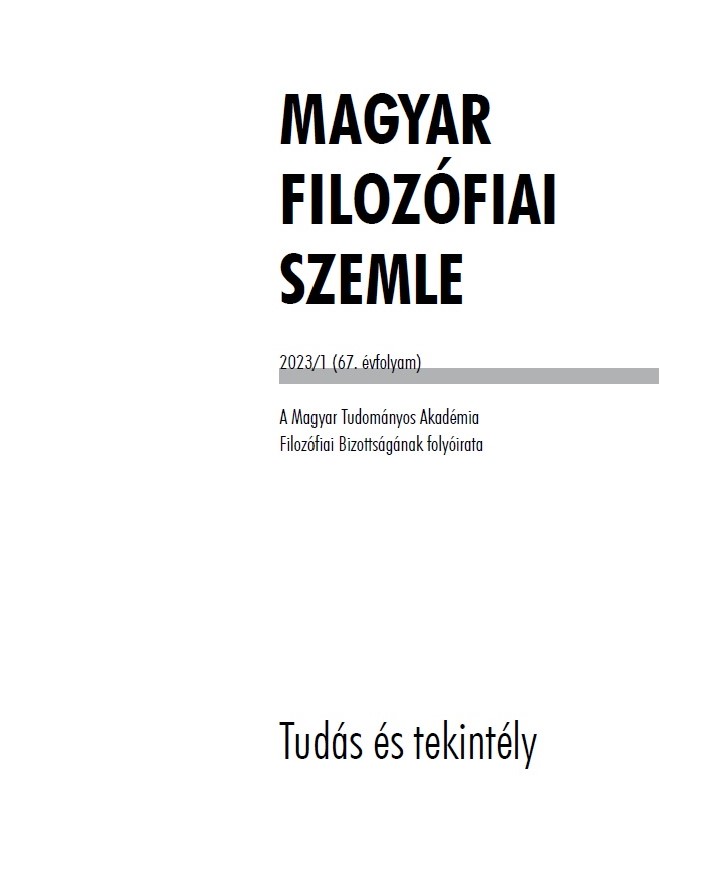Carnap fizikalista hit-elméletei
Absztrakt
It is a widespread view that Carnap, after his physicalist turn around 1930, was a logical behaviorist, and an anti-realist about intentional states, and belief in particular. In this paper I show that this view is false. In particular, I argue that (1) Carnap always regarded intentional states as internal states of persons. In the Aufbau, he assumed that intentionality is a characteristic feature of mental states and aimed to provide a constructional notion of the intentional relation (though he did not take a stand on Brentano’s thesis, i.e., whether intentionality is the mark of the mental). Furthermore, there is no indication in his later writings that he ever revoked this view. It is another issue that in his subsequent explications of the scientific concept of belief the phenomenological analysis of intentional states did not play a role. I also argue that (2) Carnap never was a logical behaviorist in the now customary sense of the word. Whether he was a logical behaviorist in another sense, used in the logical empiricist tradition, is a disputed issue: my view is that he was, even if only for a short period, from around 1930, until not later than 1935. I also discuss (3) Carnap’s later views on belief, his so-called dispositional conception, as well as his last view according to which “belief” should be regarded as a theoretical term. The presentation of the development of Carnap’s views also shows that the history of analytic philosophy of mind needs some revising: already in the late 1940s , Carnap (and other logical empiricists) held the view that belief is a theoretical term (earlier than, e.g., Sellars, to whom this idea is often credited) and also advocated a “reductionist-physicalist” account of belief (even if in ametaphysical terms) that was a precursor to and to some extent also influenced later-day materialist and functionalist theories of belief such as David Lewis’ and Jerry Fodor’s.



